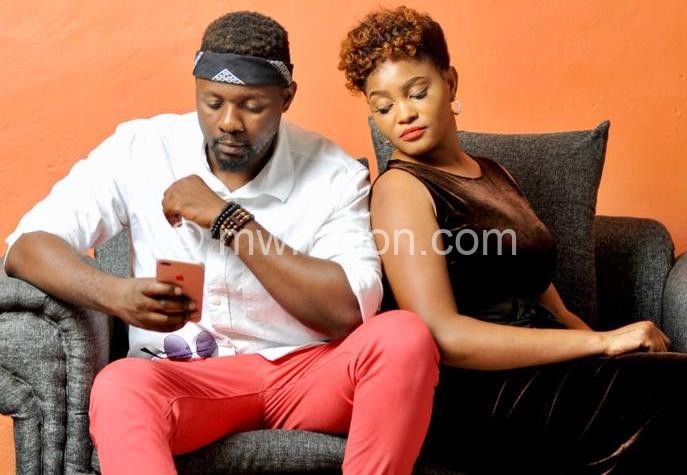The cache in collabos
If there is one thing that local artists have mastered of late, it is the art of collaborations which come in different forms.
Some feature established names while other opt for up-and-coming artists. Other collaborations are across genres while others are restricted to the same genre.

The trend has brought together artists that under normal circumstances would not get in any project. Some of these collabos have culminated in albums and in other cases Extended Plays (EPs).
But what does it take for two artists to work on a song project? What are the financial implications in such arrangements? Random interviews that Chill conducted with several artists have revealed that collaborations are agreed under different circumstances and preferences.
Urban artist Piksy has featured on songs of a number of artists. In some he has been invited and in others he has been the invitee. He says there has never been a time when he has demanded a fee for the duets that he has done.
The Unamata creator says he takes it a symbiotic relationship which has to be sustained on a give and take understanding. He says he sees no reason why he should demand a fee from an artist that he will also need one day.
Piksy says: “If the person who is asking me for a collaboration is an up-and-coming artist, I look at it as one way of helping them to get noticed with my name tagged on their song.
“In case of the established artists, all I require from them is to take care of the basic logistics such as fuel, drinks and snacks during the recording sessions.”
South Africa-based local hip hop artist Gwamba says his biggest pull when considering who to collaborate with remains preference. He says he cannot work with an artist that he doesn’t personally like.
The rapper says collabos are beneficial in many ways: “Artists have their own way of composing and delivering their music. When two artists, with different styles, come together, you bring a unique product. That is why you have to be sensitive on who you work with.”
Dancehall artists Saint says he has never charged any of his fellow big name artists when entering into a collaboration agreement. He says all they have to do is agree on conditions such as time of releasing the songs.
“If it is a big name artist all you have to do is to ensure that release dates for your respective projects are not clashing. Maybe when it involves up-and-coming artists that is when you can place a small fee just for control,” he said.
Rapper Phyzix says there is a fee he could not disclose which he attaches to his collaboration projects. He, however, said he has never paid to have anyone feature in his songs except for studio expenses and taking care of their transport.
He said: “I have been paid many times before, especially by artists that I had no real intention on working with. Otherwise with the rest of the artists that I work with, it is for mutual benefits and it is for free.”
Phyzix said there are several reasons why artists go into collaborations including getting some recognition, especially on the part of up-and-coming artists. He said the already established artists go into collaborations just to help budding artists.
Local pop artist Ritaa, who recently collaborated with Piksy on the song Zikundiwawa, said the agreements usually depend on who is asking for the collaboration. She says she makes decisions according to the situation.
Ritaa says: “If I know that the song won’t have any impact then I charge. But if I assess that the song will have a huge impact more than the money I can demand for, then I don’t charge.”





